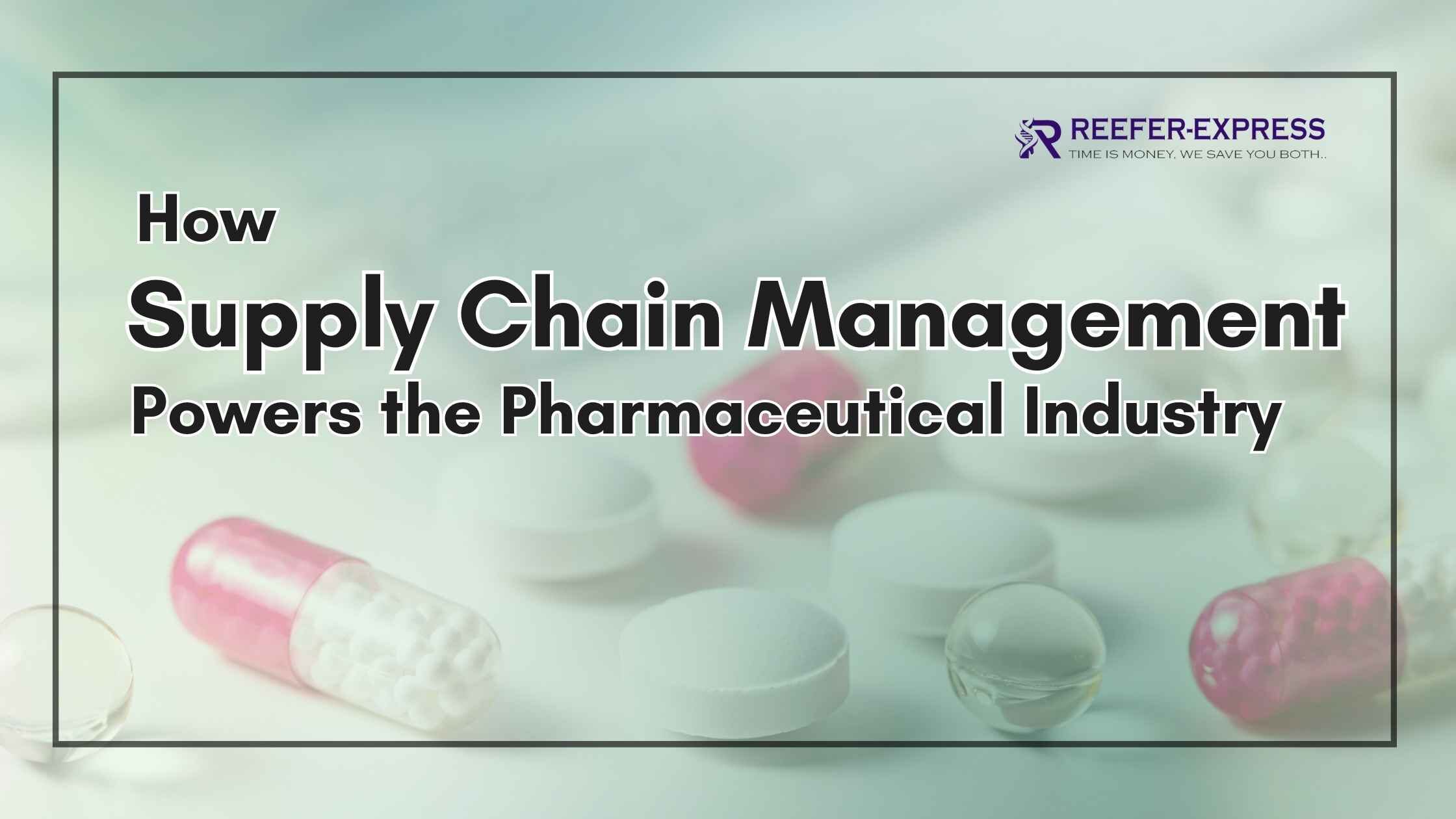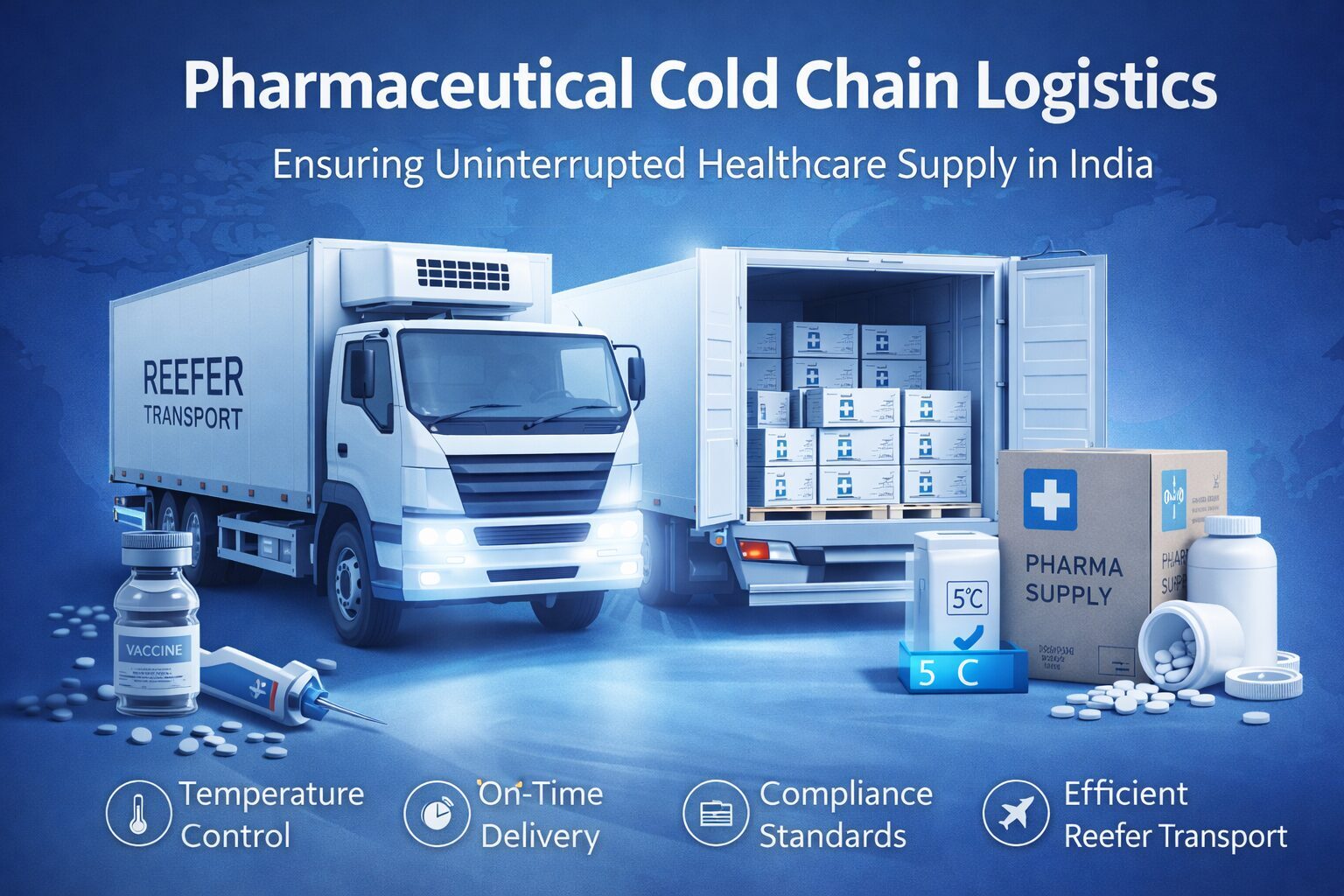The supply chain in the pharmaceutical industry is a critical network that ensures the availability of life-saving medications, vaccines, and medical supplies to patients across the globe. Unlike typical supply chains, it deals with sensitive products that demand stringent quality control, regulatory compliance, and precision at every stage. Let’s explore this crucial industry component in-depth.
What is the Pharmaceutical Supply Chain?
The pharmaceutical supply chain encompasses the entire lifecycle of medicines and healthcare products, from the sourcing of raw materials to their delivery to patients. Its core functions include manufacturing, storage, distribution, and maintaining product integrity.
Effective supply chain management in the pharmaceutical industry is vital for public health, especially in emergencies such as pandemics or disease outbreaks, where timely access to medications can save millions of lives.
Key Stages in the Pharmaceutical Supply Chain
- Raw Material Sourcing
- Process: Pharmaceutical production begins with the procurement of active pharmaceutical ingredients (APIs) and excipients, often sourced globally. These raw materials must meet strict quality standards and regulatory guidelines.
- Challenges: Dependence on international suppliers introduces risks like delays, fluctuating costs, or geopolitical issues.
- Manufacturing
- Process: Manufacturing involves converting raw materials into finished drugs or medical devices in facilities equipped with advanced technology. Manufacturers must ensure good manufacturing practices (GMP) are upheld to guarantee drug safety and efficacy.
- Challenges: Regulatory approvals, labor shortages, and production disruptions can hinder manufacturing timelines.
- Storage and Warehousing
- Process: Medications, especially biologics and vaccines, require precise environmental controls. This includes cold chain systems for temperature-sensitive drugs.
- Challenges: Insufficient refrigeration infrastructure can compromise product quality, leading to waste or recalls.
- Distribution and Logistics
- Process: The logistics phase involves transporting drugs from warehouses to distribution centers, pharmacies, and hospitals. This step must prioritize speed and maintain quality through rigorous tracking.
- Challenges: Efficient last-mile delivery, particularly in rural or remote areas, can be difficult.
- Retail and Patient Delivery
- Process: Pharmacies, healthcare providers, and online platforms act as the final touchpoints for patients to access their medications.
- Challenges: Ensuring real-time availability without overstocking is critical.
Challenges in the Pharmaceutical Supply Chain
- Regulatory Compliance
Regulations vary by country, making it challenging for pharmaceutical companies to ensure compliance across multiple regions. Non-compliance can lead to legal consequences and loss of credibility. - Cold Chain Management
Approximately 70% of biologics and vaccines require refrigeration during storage and transit. Breakdowns in the cold chain can render medications ineffective. - Counterfeit Medications
Counterfeiting is a global issue, with fake medicines causing health risks and financial losses. Secure supply chains with authentication technologies are essential to combat this threat. - Demand Fluctuations
Predicting demand accurately is difficult, especially during pandemics or emergencies. Overestimating demand leads to wastage, while underestimating it results in shortages.
Innovations Transforming the Pharmaceutical Supply Chain
- Blockchain Technology
Blockchain ensures transparency and traceability in the supply chain by recording every transaction in a tamper-proof ledger. This reduces counterfeit risks and improves accountability. - IoT (Internet of Things)
IoT devices enable real-time tracking of shipments, monitoring temperature, humidity, and other environmental factors crucial for sensitive medications. - AI and Machine Learning
AI enhances demand forecasting, optimizing inventory management, and improving the overall decision-making process in logistics and manufacturing. - Automation
Automating tasks like order processing, packaging, and quality checks increases operational efficiency and reduces human error.
Why is Supply Chain Management Crucial for Healthcare Pharma?
Efficient supply chain management in the pharmaceutical industry has a direct impact on patient health and safety. Delays or inefficiencies can lead to:
- Drug Shortages: Preventing timely access to medications.
- Product Waste: Poor handling or overstocking leading to expired medications.
- Cost Increases: Inefficient logistics increase operational expenses, affecting both manufacturers and consumers.
On the other hand, robust supply chain management ensures that healthcare facilities and pharmacies receive the necessary products to deliver optimal care. It also supports public health initiatives by enabling widespread access to essential medicines and vaccines.
Conclusion
The supply chain in the pharmaceutical industry is an indispensable pillar of global healthcare. By embracing technological advancements like blockchain, IoT, and AI, companies can address existing challenges and enhance supply chain resilience.
As the demand for healthcare pharma products continues to grow, the importance of an agile, transparent, and efficient supply chain will only increase. For stakeholders in the pharmaceutical industry, investing in supply chain optimization is not just a business necessity—it’s a commitment to improving global health outcomes.






